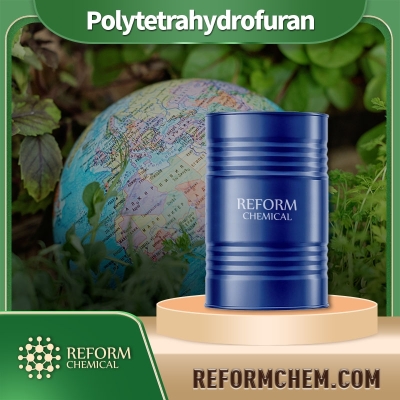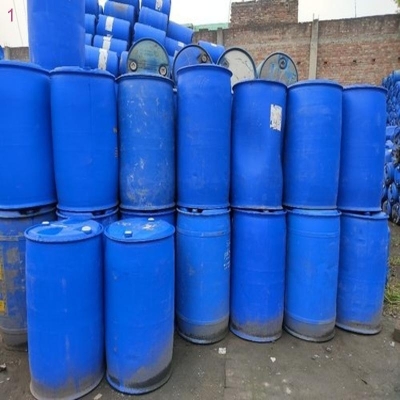-
Categories
-
Pharmaceutical Intermediates
-
Active Pharmaceutical Ingredients
-
Food Additives
- Industrial Coatings
- Agrochemicals
- Dyes and Pigments
- Surfactant
- Flavors and Fragrances
- Chemical Reagents
- Catalyst and Auxiliary
- Natural Products
- Inorganic Chemistry
-
Organic Chemistry
-
Biochemical Engineering
- Analytical Chemistry
-
Cosmetic Ingredient
- Water Treatment Chemical
-
Pharmaceutical Intermediates
Promotion
ECHEMI Mall
Wholesale
Weekly Price
Exhibition
News
-
Trade Service
News on December 22, Nanjing University of Technology and Singapore universities cooperated to make a major breakthrough
in the research and development of lithium-sulfur batteries.
Recently, the research results were published in the top international academic journal Nature Communications
.
Lithium-sulfur batteries have always been regarded as the main force of the next generation of car power, according to reports, most of the electric vehicles on the market now use lithium batteries, lithium batteries can be charged and discharged more than 1,000 times, but the endurance is limited, a charge of up to 300 kilometers
.
The researchers then targeted the power of electric vehicles on lithium-sulfur batteries, because the battery can double the range of more than 600 kilometers on a single charge
.
But lithium-sulfur batteries also have disadvantages
.
Professor Yu Ting from the Department of Physics and Applied Physics of Nanyang Technological University in Singapore introduced that this is the first time in the world to use ultra-thin transition metal hydroxide materials to micro-coat sulfur-carbon black composite nanocells, and design and prepare cathode materials
with long life and high coulomb efficiency.
It is reported that the service life of lithium-sulfur batteries improved by new technologies can be increased to 800 times
.
News on December 22, Nanjing University of Technology and Singapore universities cooperated to make a major breakthrough
in the research and development of lithium-sulfur batteries.
Recently, the research results were published in the top international academic journal Nature Communications
.
Lithium-sulfur batteries have always been regarded as the main force of the next generation of car power, according to reports, most of the electric vehicles on the market now use lithium batteries, lithium batteries can be charged and discharged more than 1,000 times, but the endurance is limited, a charge of up to 300 kilometers
.
The researchers then targeted the power of electric vehicles on lithium-sulfur batteries, because the battery can double the range of more than 600 kilometers on a single charge
.
But lithium-sulfur batteries also have disadvantages
.
Professor Yu Ting from the Department of Physics and Applied Physics of Nanyang Technological University in Singapore introduced that this is the first time in the world to use ultra-thin transition metal hydroxide materials to micro-coat sulfur-carbon black composite nanocells, and design and prepare cathode materials
with long life and high coulomb efficiency.
It is reported that the service life of lithium-sulfur batteries improved by new technologies can be increased to 800 times
.







